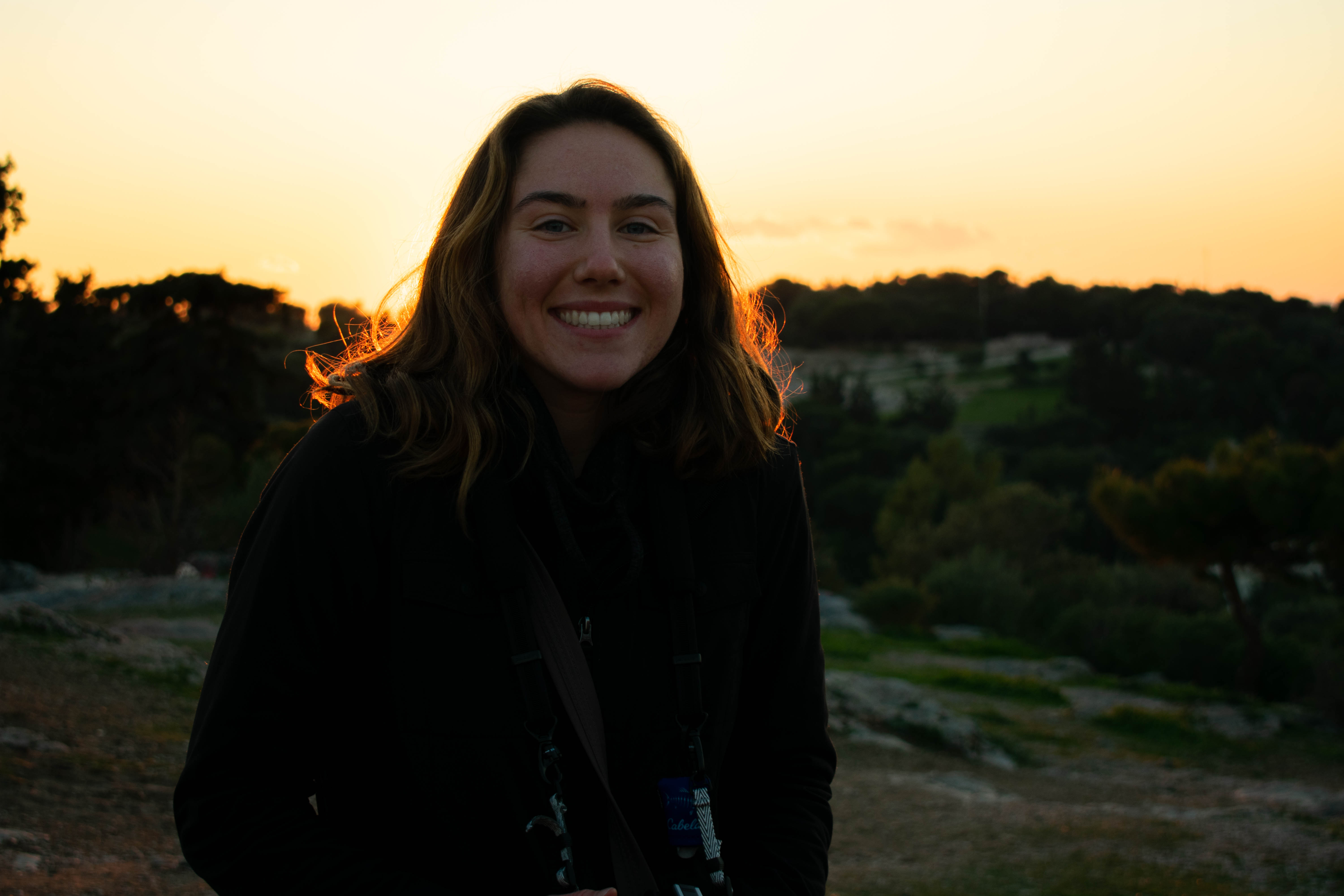Being in a country as old as Greece makes it hard to avoid sacred spaces. Most places (especially the ones we have visited) have important history, typically religious, associated with them.
The three different approaches to sacred spaces that our class has discussed are:
- Ontological – A space that is inherently sacred and everyone knows it.
- Cultural – A space that is sacred because humans say it is.
- Phenomenological – A space that has no cultural structure, but is sacred because of the interactions that humans have in it.

I think all of these approaches have merit and can be applied to the various locations we’ve visited throughout this trip. Delphi, for example, is an ontological sacred space. We visited the ruins on Friday and had an amazing time. It is known to have been the location of Pythia, the Oracle of Delphi. This has great significance to the Greeks, but even to foreigners, the space is undeniably sacred. Delphi is seated on the south-western slope of Mount Parnassus and is impressive from every angle. The Sanctuary of Athena, however, is the focal point of the energy that surrounds Delphi. Our class spent a good chunk of time in the sanctuary, all of us sitting apart from one another and taking time to reflect, meditate, pray, etc. No matter where you’re from or what your background is, it is undeniable that Delphi is a sacred space.
As far as cultural sacred spaces go, Areopagus is probably my favorite out of those I’ve come across so far. But I won’t say too much about it since I’ve already made a post all about unintentionally stumbling upon the spot. All I’ll say is that the more I think about it the more impressive it is. It is quite literally a giant rock. But knowing that it is the spot where the Apostle Paul was brought before the Athenian Court preached to them, converting Dionysius the Areopagite in the process, resulting in the spread of Christianity through Athens is mind blowing.

I think that my favorite approach to sacred spaces is phenomenological. I have a deep appreciation for other sacred spaces, however, I think that phenomenological is harder to pin point because it relies so much on personal experience. Like I said, a phenomenological sacred space is sacred because of the conversation and interaction humans have in it. We’ve come across many spots on this trip that might be considered phenomenological sacred spaces. But applying the concept to a specific location requires a specific experience with specific people. For me, personally, I could consider anything from the Sky Bar on Lycabettus Hill, to the Meteora Monasteries, to the Aegean Sea (which is currently lulling right outside my window) phenomenological sacred spaces. Some of these spaces, of course, would overlap into the other categories, but regardless, everyone comes into these places with different perspectives and leaves with unique experiences. This might be crossing into more of a romanticized philosophical approach so I’m going to stop before I get too far, but you get the idea.

I will say, that the majority of this trip has felt sacred on some level or another. I’ve been thinking a lot about what my experiences might have been like if I first came to Greece on my own rather than with a class. It would be a massively different experience. Our class consists of a great group of people and we each bring something different to the table (not to mention that actual information gained from Dr. Finitsis’ lectures makes our experiences all the more interesting and meaningful). Without these people our (or maybe just my own) experiences and memories from this trip would be very different. I’m sure they would still be meaningful, but I think that I would be taking something very different from this trip. In the end, I guess what I’m trying to say is that without human spirit, our lives (and sacred spaces) would lack the meaning that we covet.

I’m probably just a little bit biased, but, all the same, that was very well written.
LikeLike